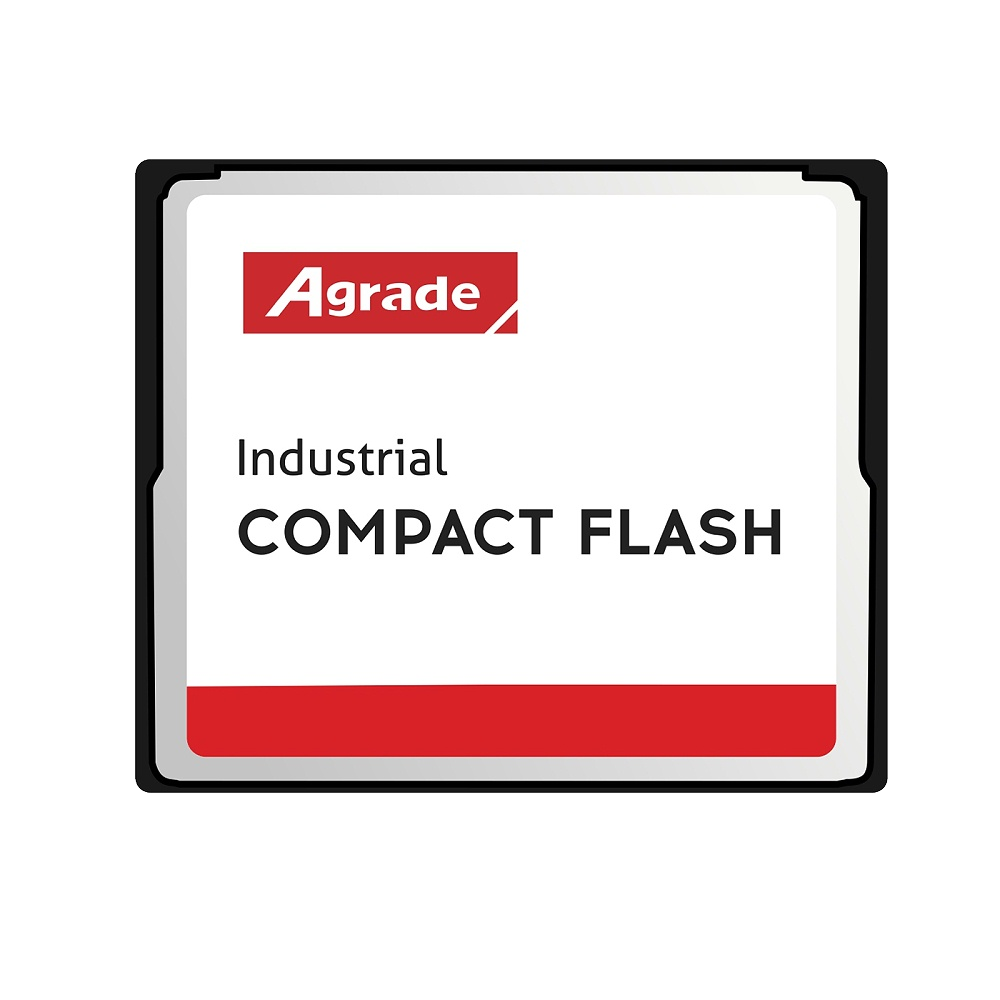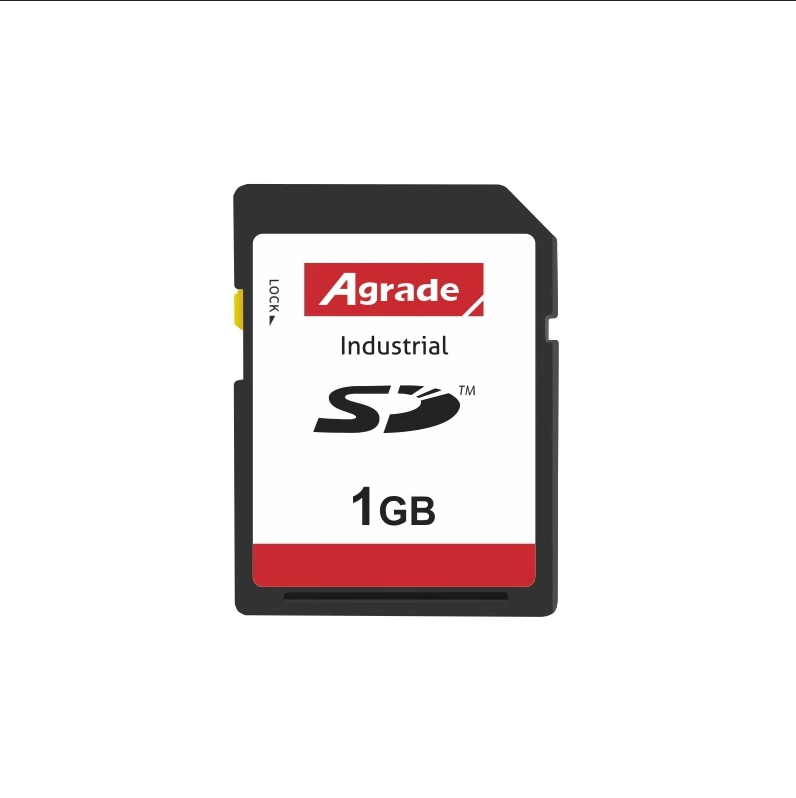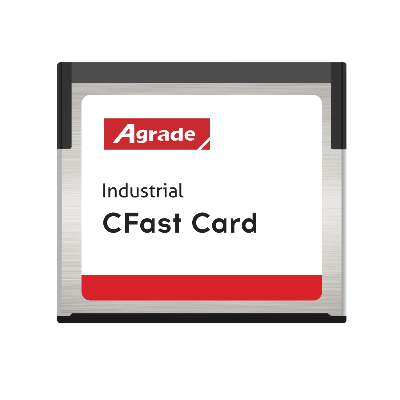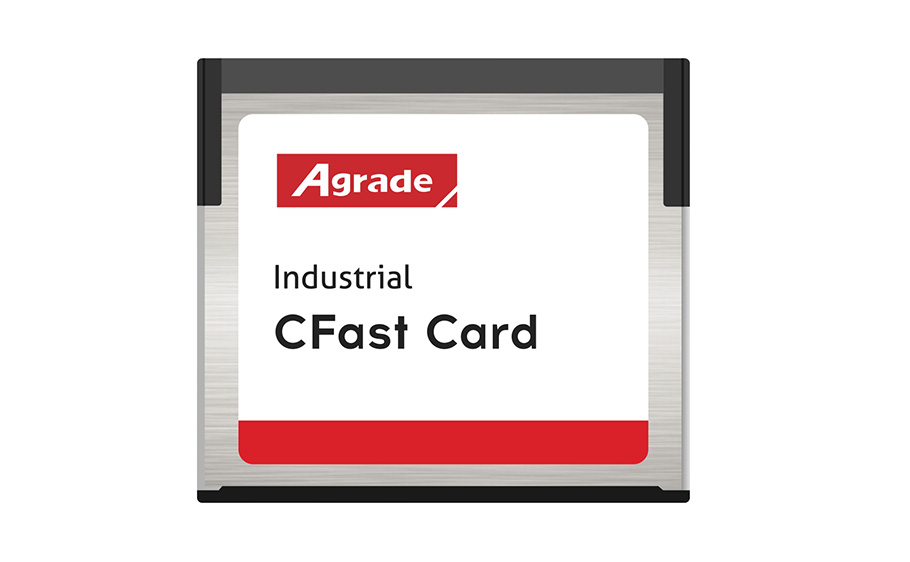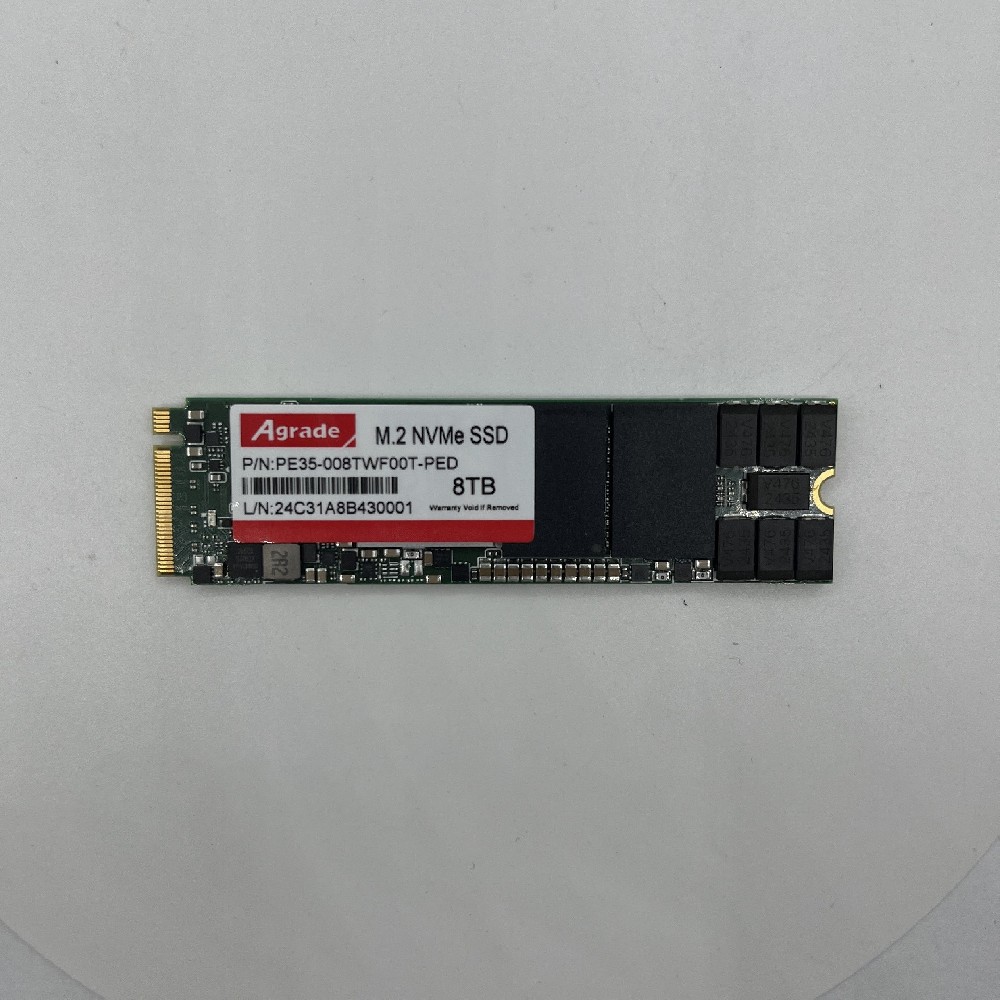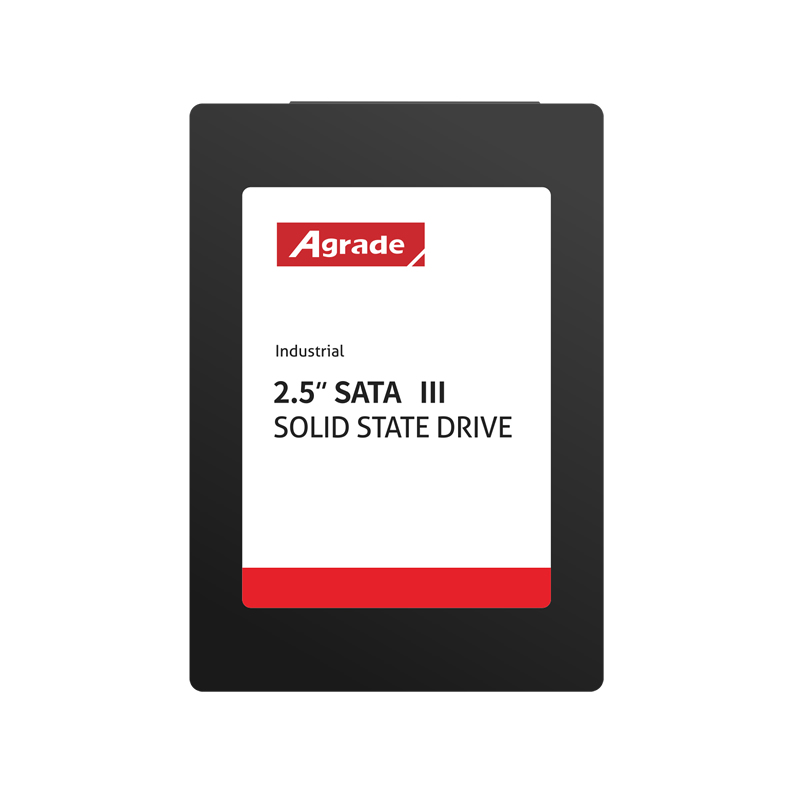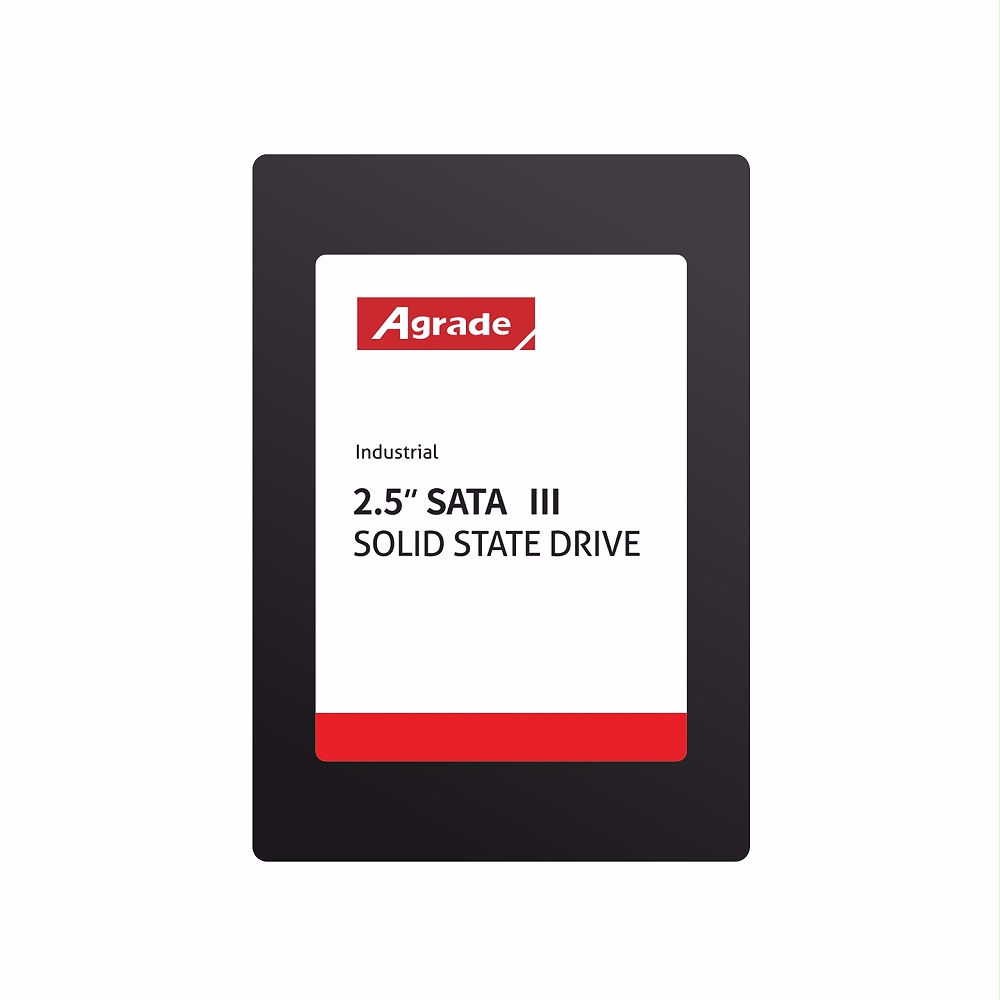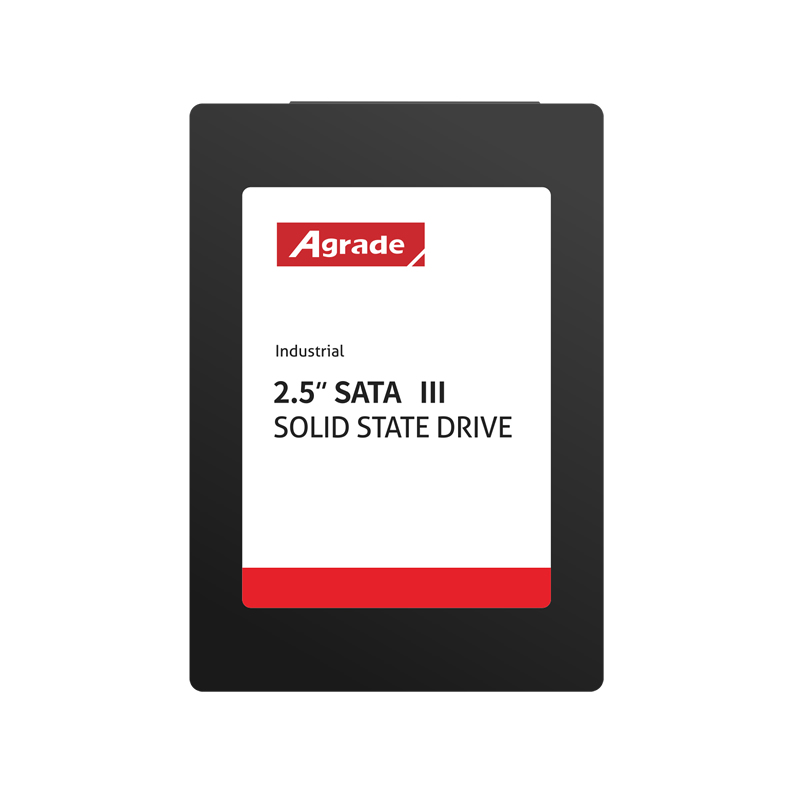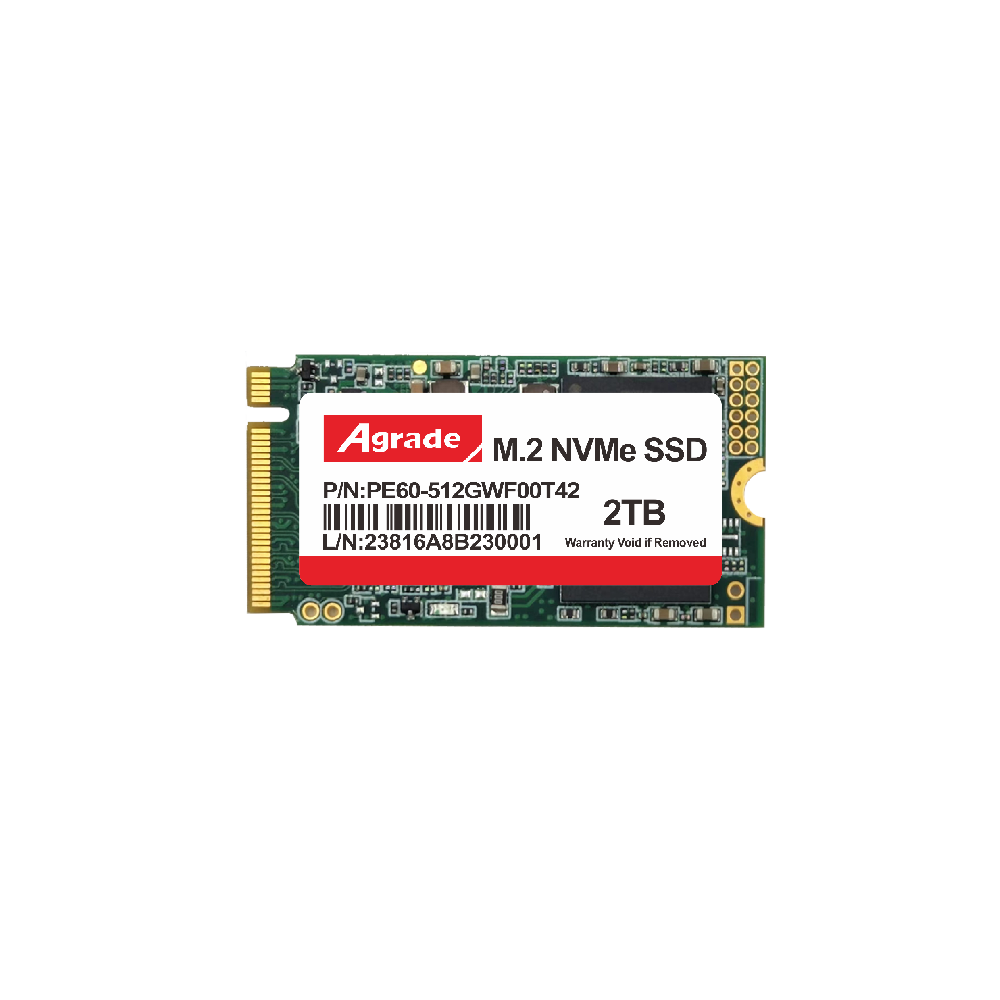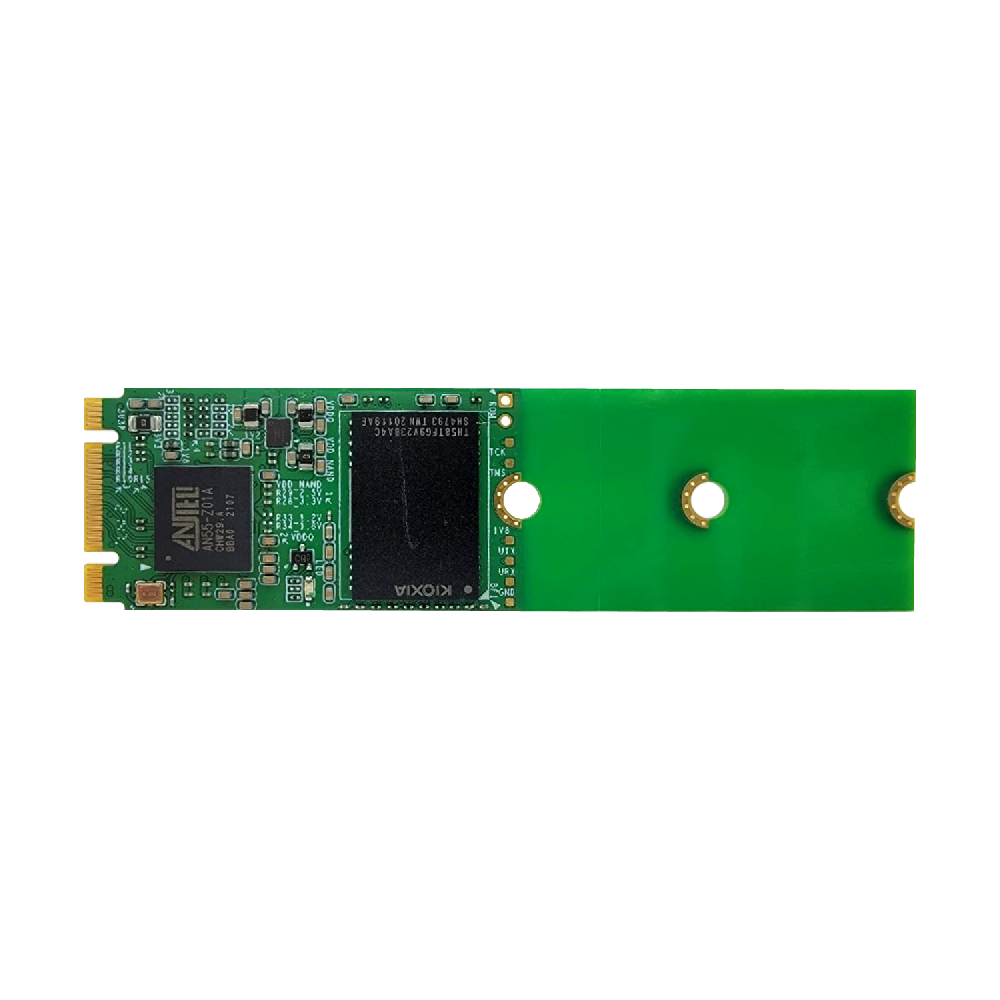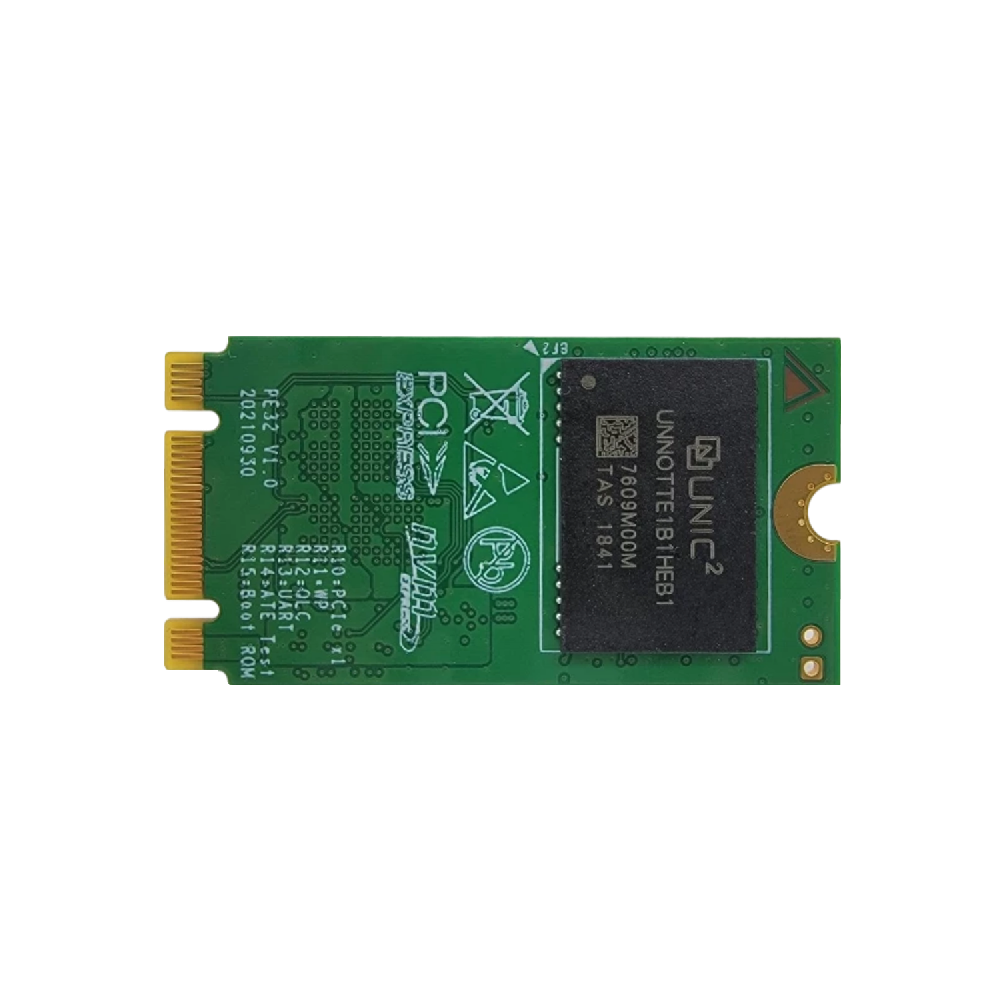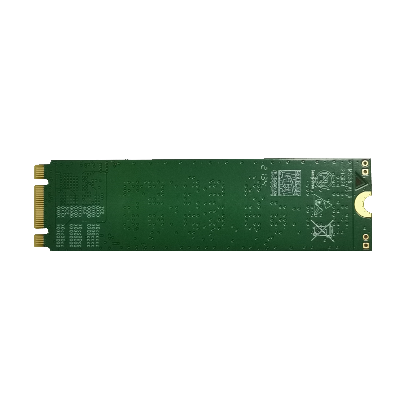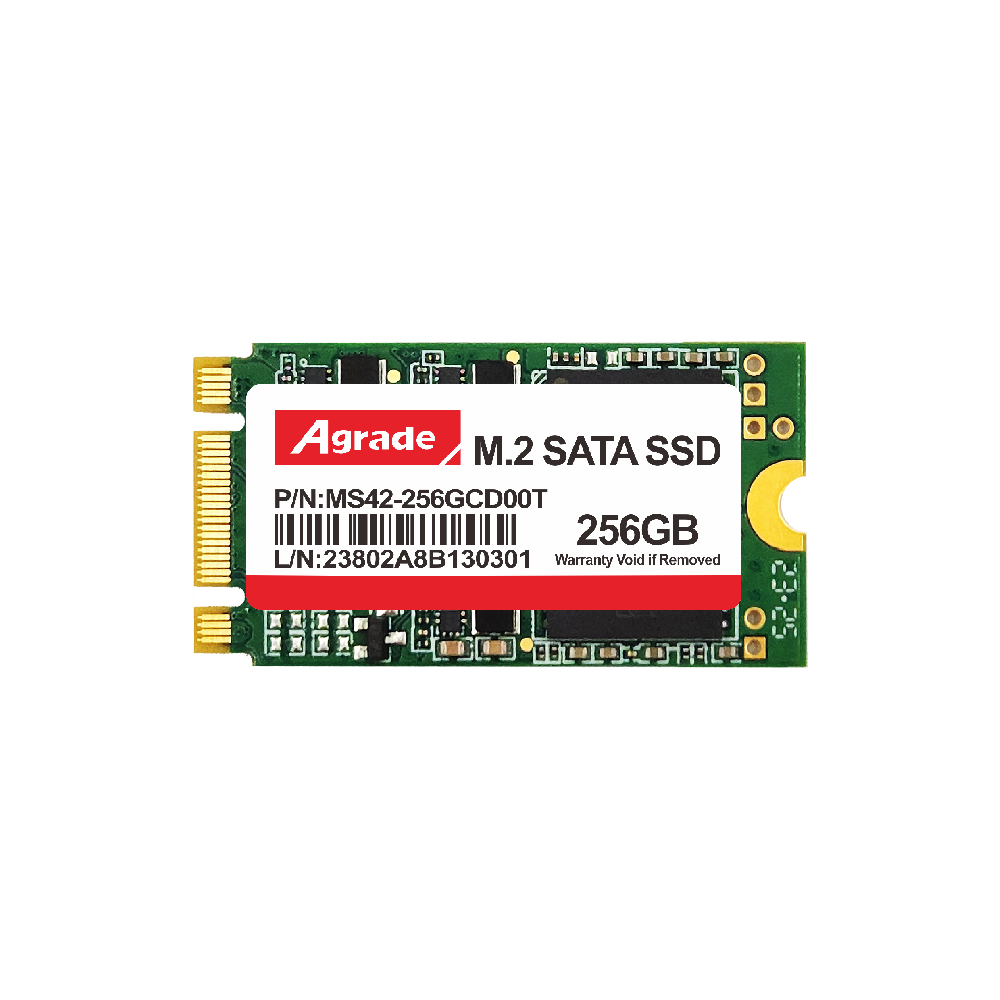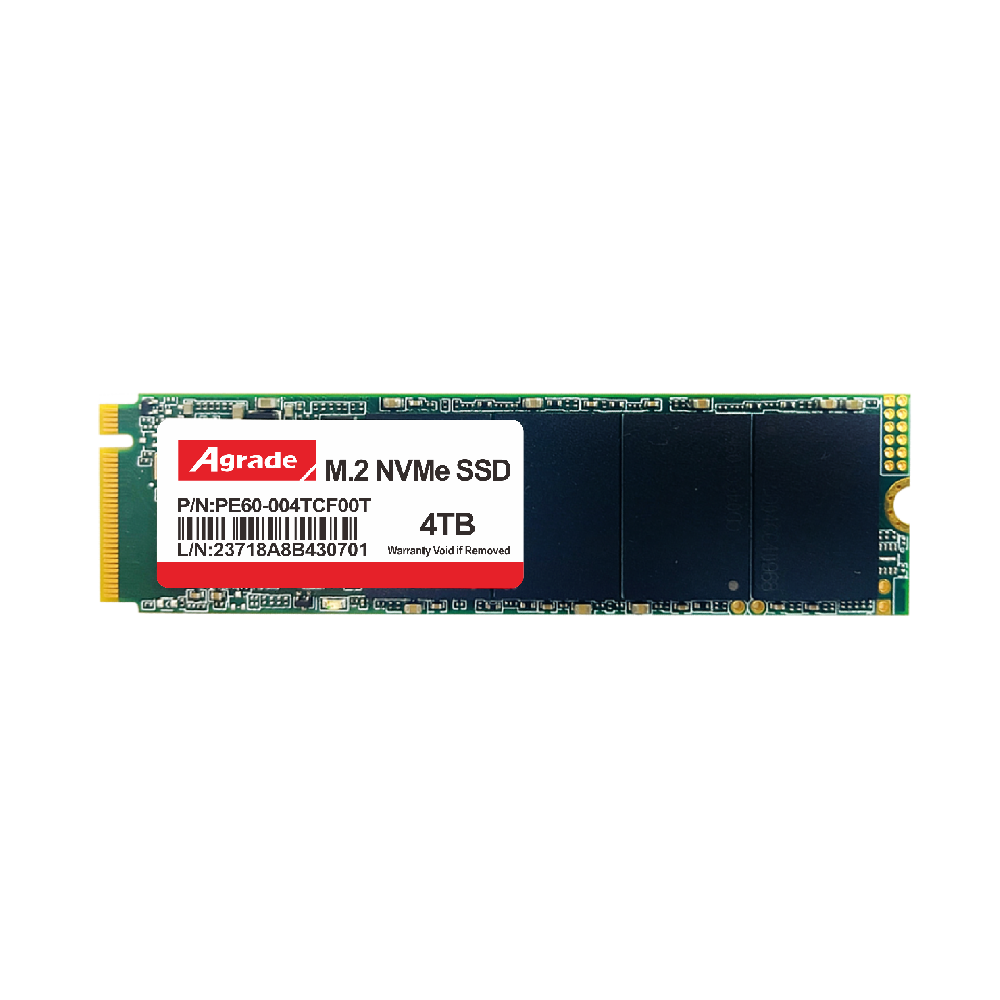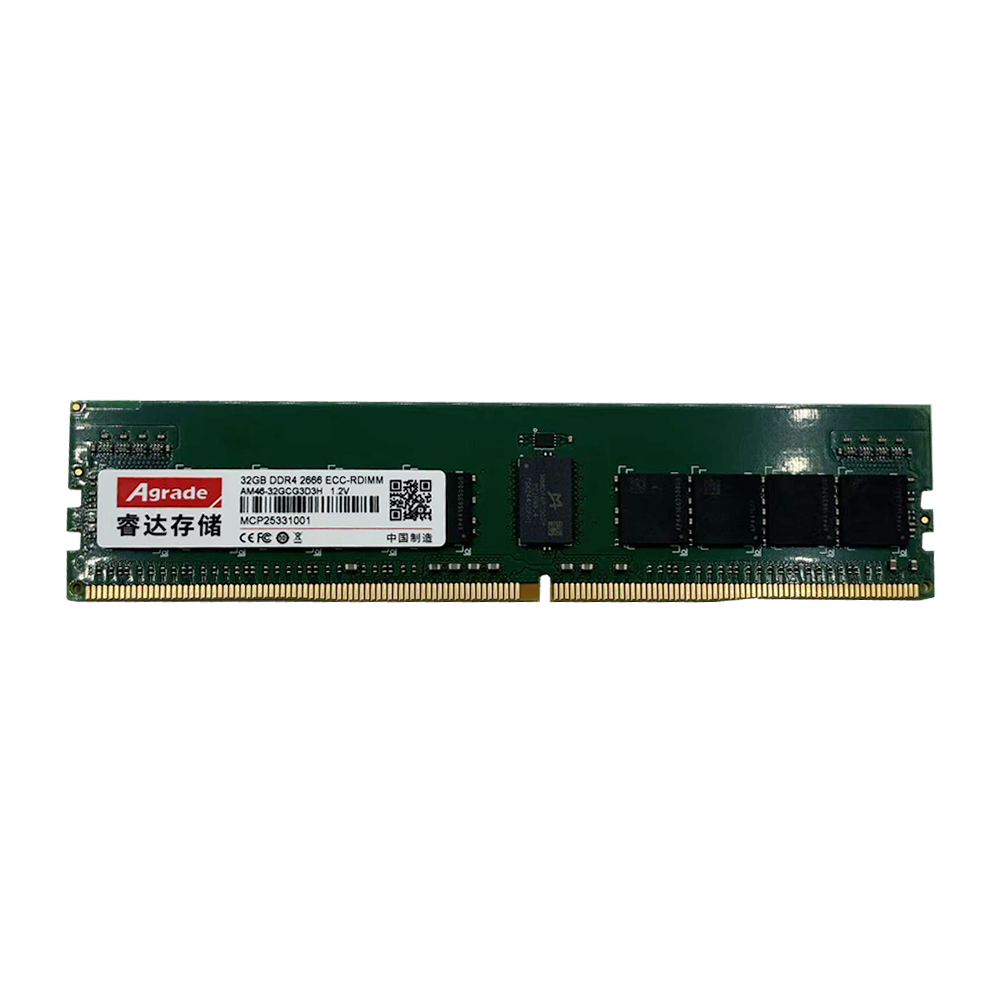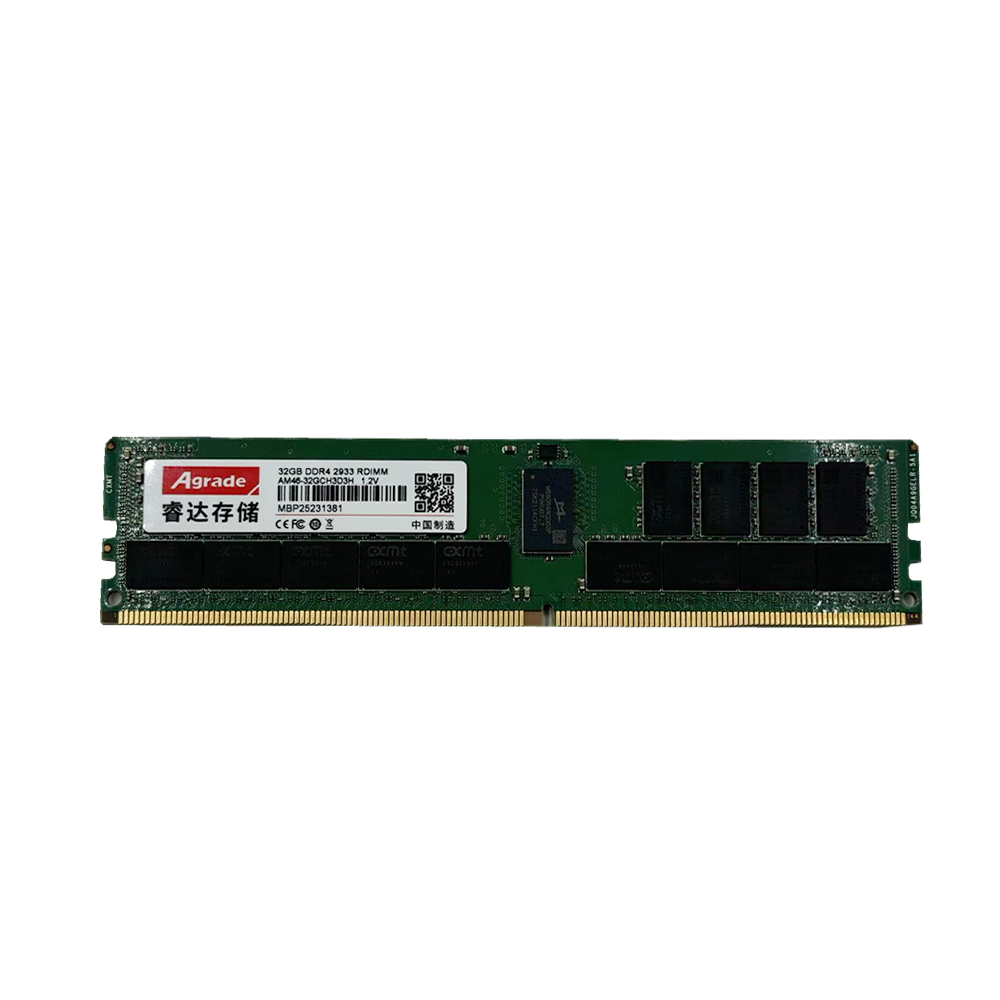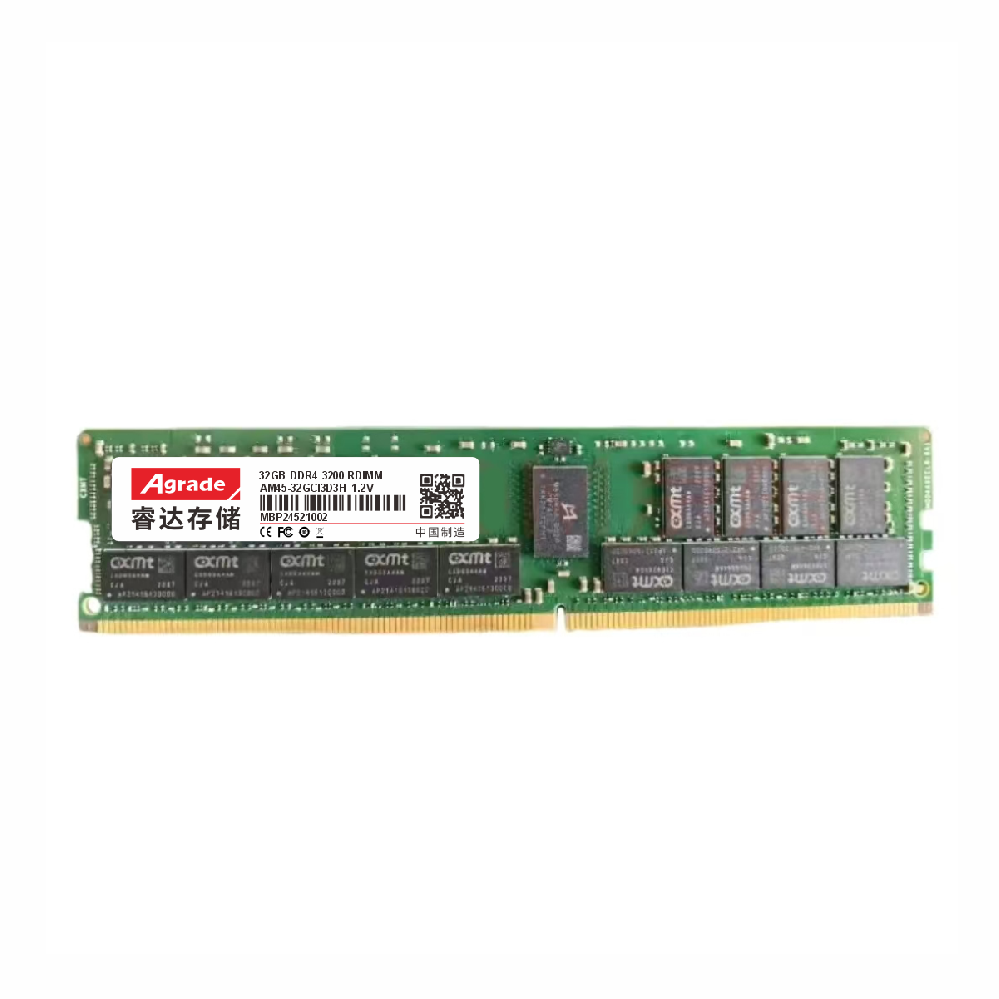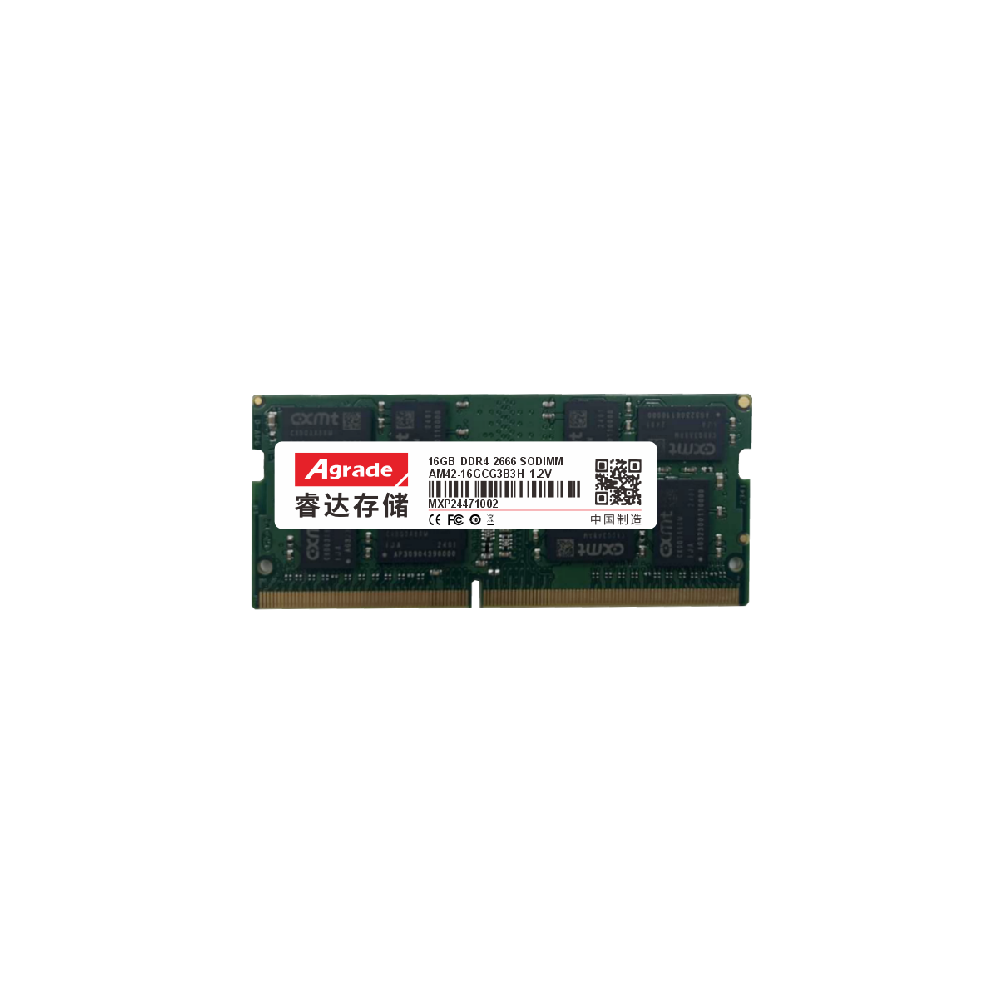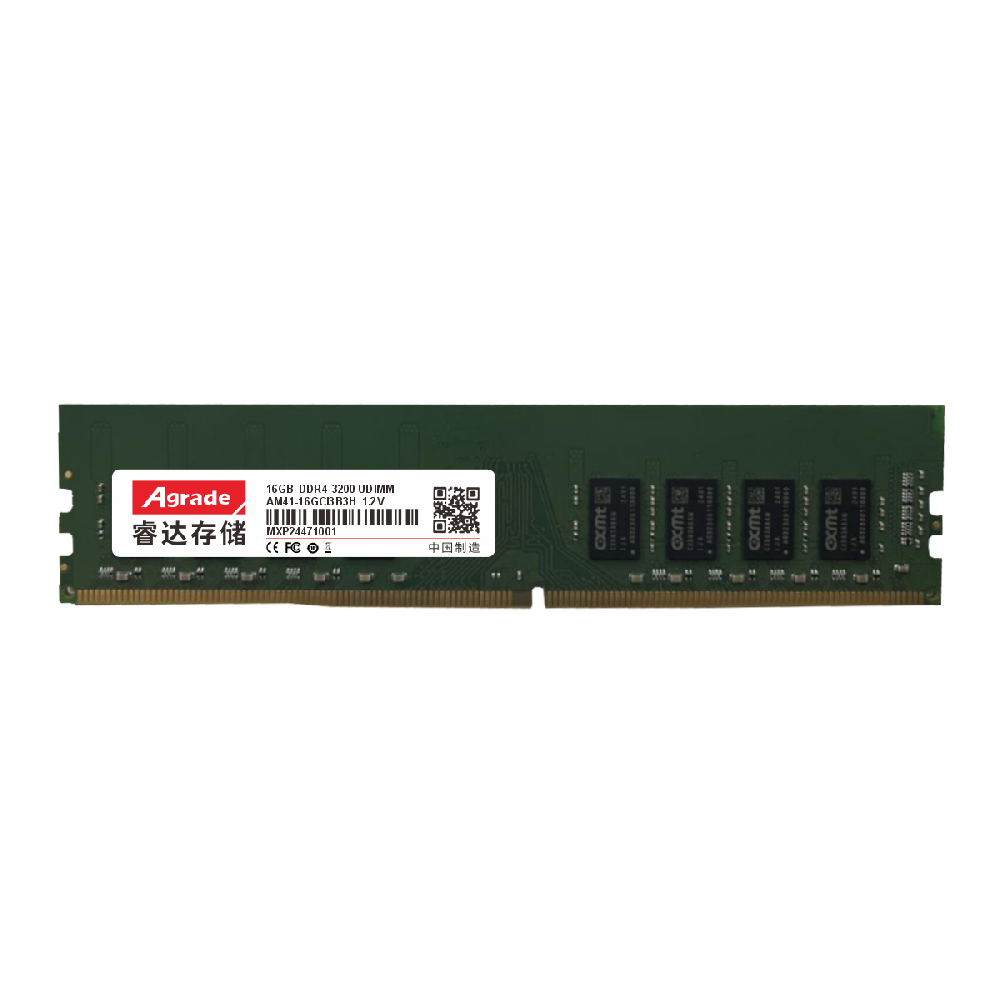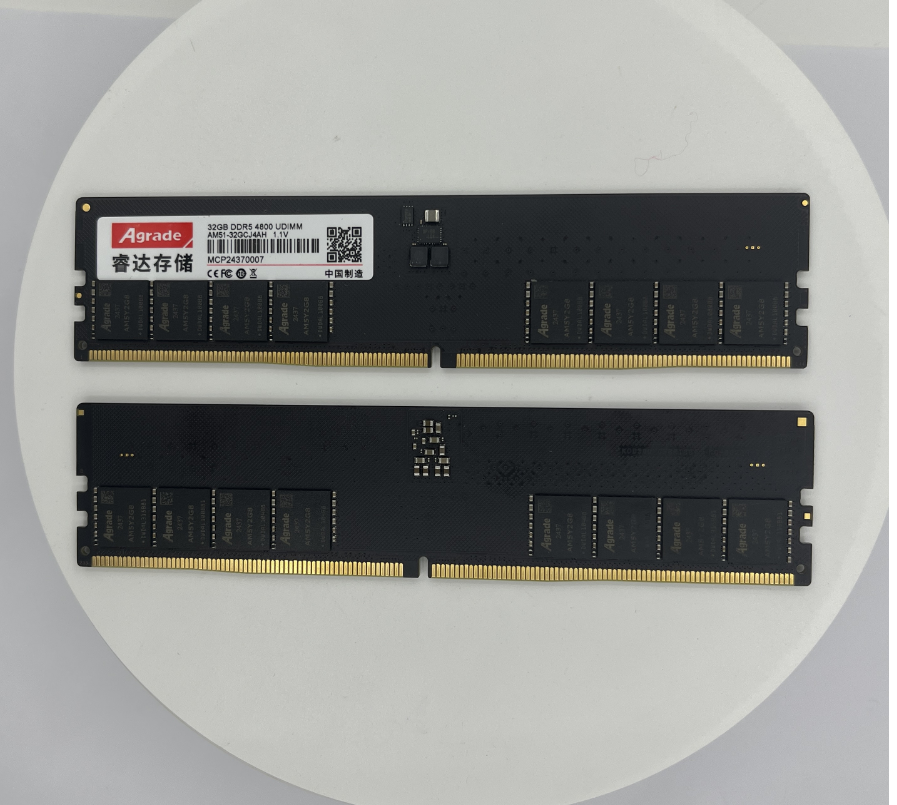

News
 电商部
电商部  2025-09-12 18:19:21
2025-09-12 18:19:21 Enterprise SSDs and Industrial SSDs: A Dual Competition of Performance and Durability
In the field of data storage, enterprise grade SSDs (solid state drives) and industrial grade SSDs, as two high-end storage solutions, each play an important role in different application scenarios with their outstanding performance and unique characteristics. Today, we will delve into the differences between the two, providing a comprehensive analysis from multiple aspects such as performance, features, and advantages.
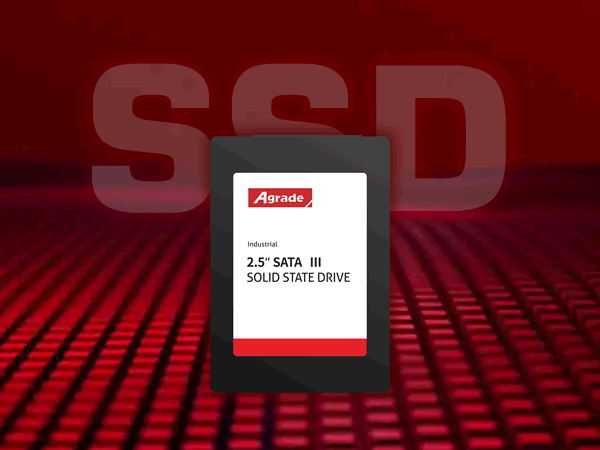
Performance Competition: Dual Display of Speed and Efficiency
Enterprise grade SSDs are known for their powerful read and write capabilities and high IOPS (input/output operations per second), which can significantly improve data storage and processing efficiency. These SSDs typically use multi-layer cell (MLC) or single-layer cell (SLC) flash memory chips, utilizing more advanced technology that can withstand higher frequency read and write operations, ensuring data stability under sustained high loads. Although industrial grade SSDs may have slightly inferior read and write speeds, their optimized data transmission capabilities can still meet the requirements of industrial control systems and data acquisition applications, ensuring real-time and accurate data.
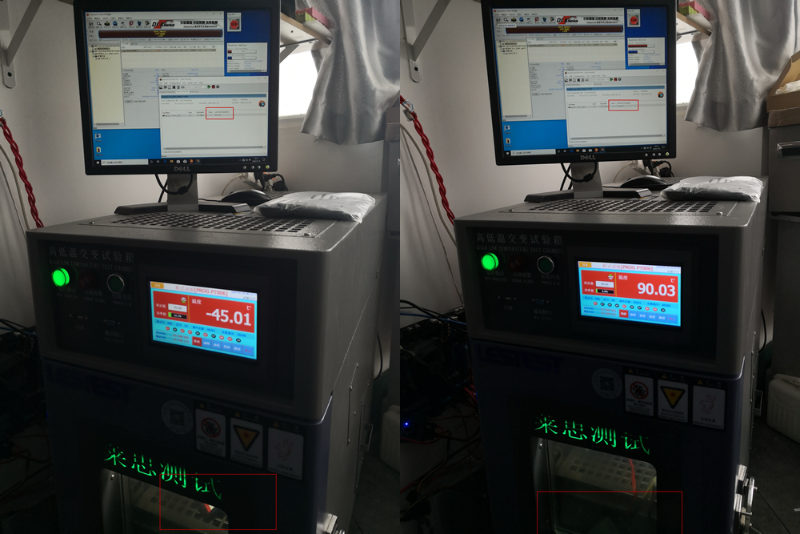
Different features: dual guarantee of durability and stability
Enterprise grade SSDs pursue a balance between high performance and durability, typically with higher total byte writes (TBW) and daily full writes (DWPD), allowing for a larger amount of data to be written throughout the SSD's lifecycle. They are suitable for applications such as data centers and servers that require handling large amounts of data writes. Industrial grade SSDs, on the other hand, focus more on durability and stability, and can maintain stable performance and reliable data storage in harsh industrial environments. This type of SSD adopts anti vibration and anti vibration design, with a wide operating temperature range, usually from -40 ° C to+85 ° C, which can adapt to the needs of extreme industrial environments.
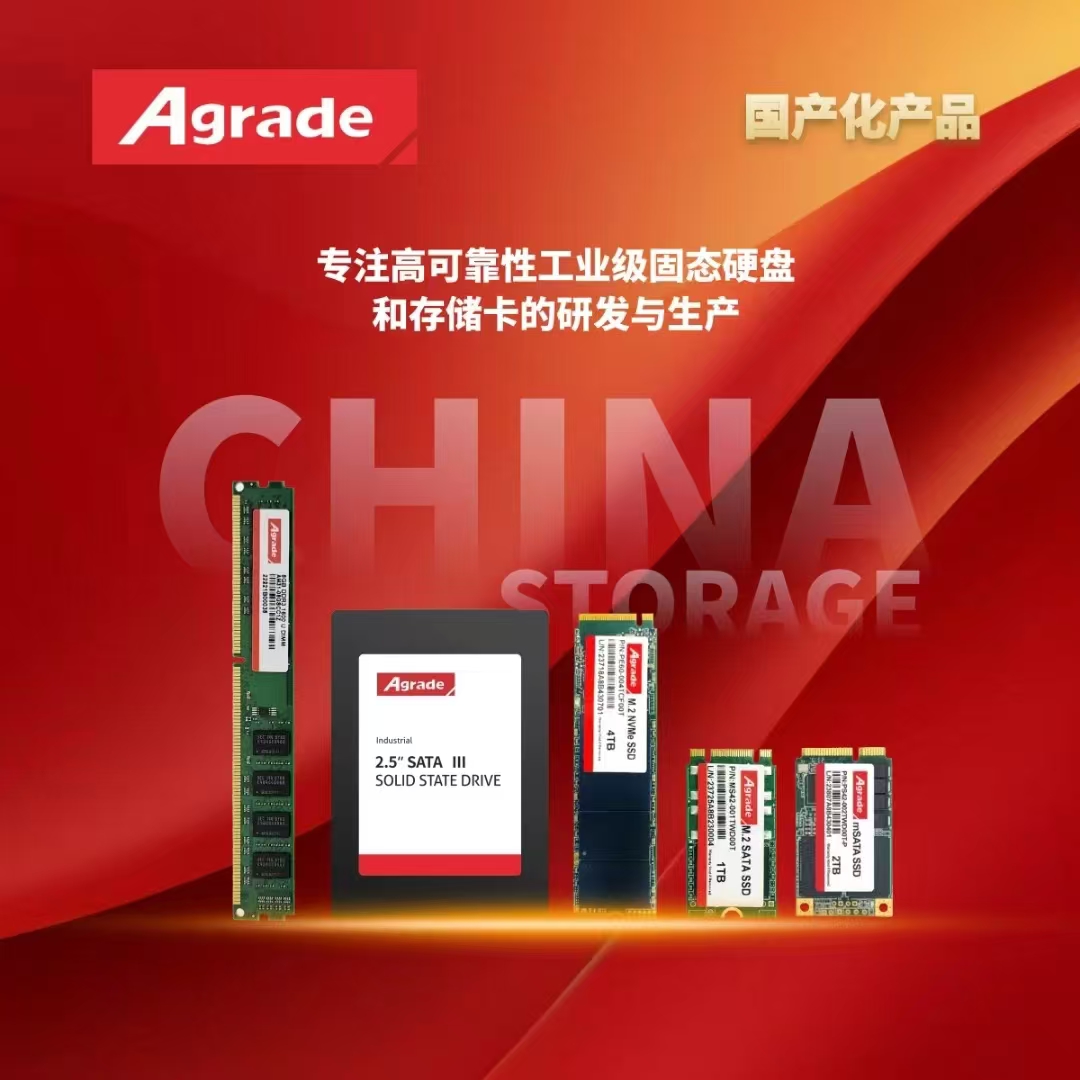
Summary of Advantages: Dual Advantages of Professionalism and Adaptability
The advantages of enterprise grade SSDs lie in their high performance, high reliability, and rich management functions, such as automatic error correction, data encryption, etc., which can meet the high requirements of enterprises for data storage performance, stability, and security. This type of SSD typically adopts a multi-core master control design, which can process more tasks in parallel, improve data read and write speed, and enhance system responsiveness. Industrial grade SSDs are known for their high durability, long lifespan, and wide compatibility, demonstrating strong adaptability in fields such as industrial automation control, intelligent manufacturing, rail transportation, aerospace, and more.
In summary, both enterprise grade SSDs and industrial grade SSDs have their own advantages, and consumers should weigh their actual needs when choosing. If you pursue ultimate performance and speed, and your application scenarios have extremely high requirements for data storage, then enterprise grade SSDs are undoubtedly a wise choice; If you are more concerned about durability and stability, and need to maintain long-term reliability of data in harsh environments, then industrial grade SSDs are a more reliable choice. Regardless of which SSD is chosen, it should be guided by practical needs to ensure the efficiency and security of data storage.

